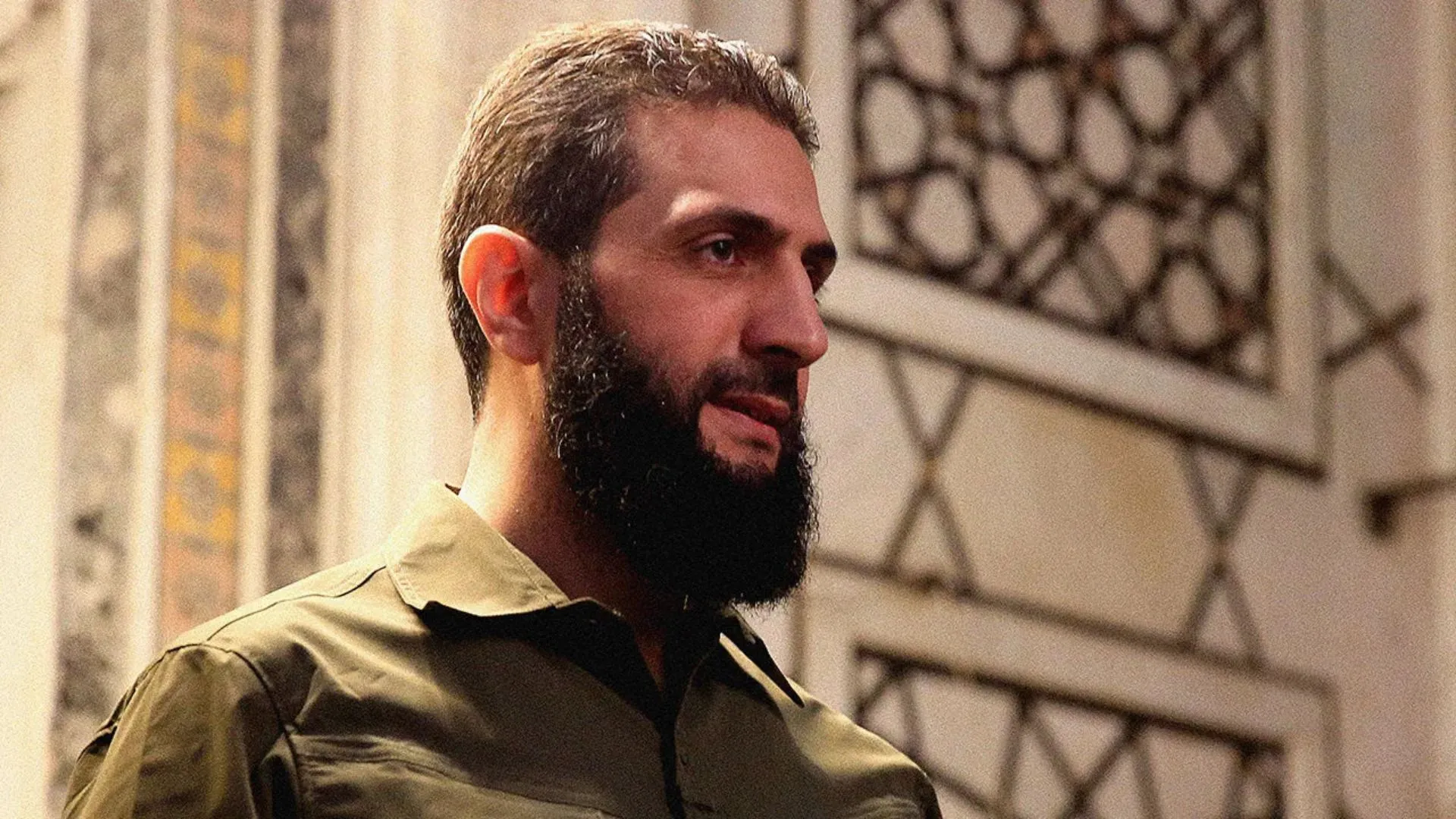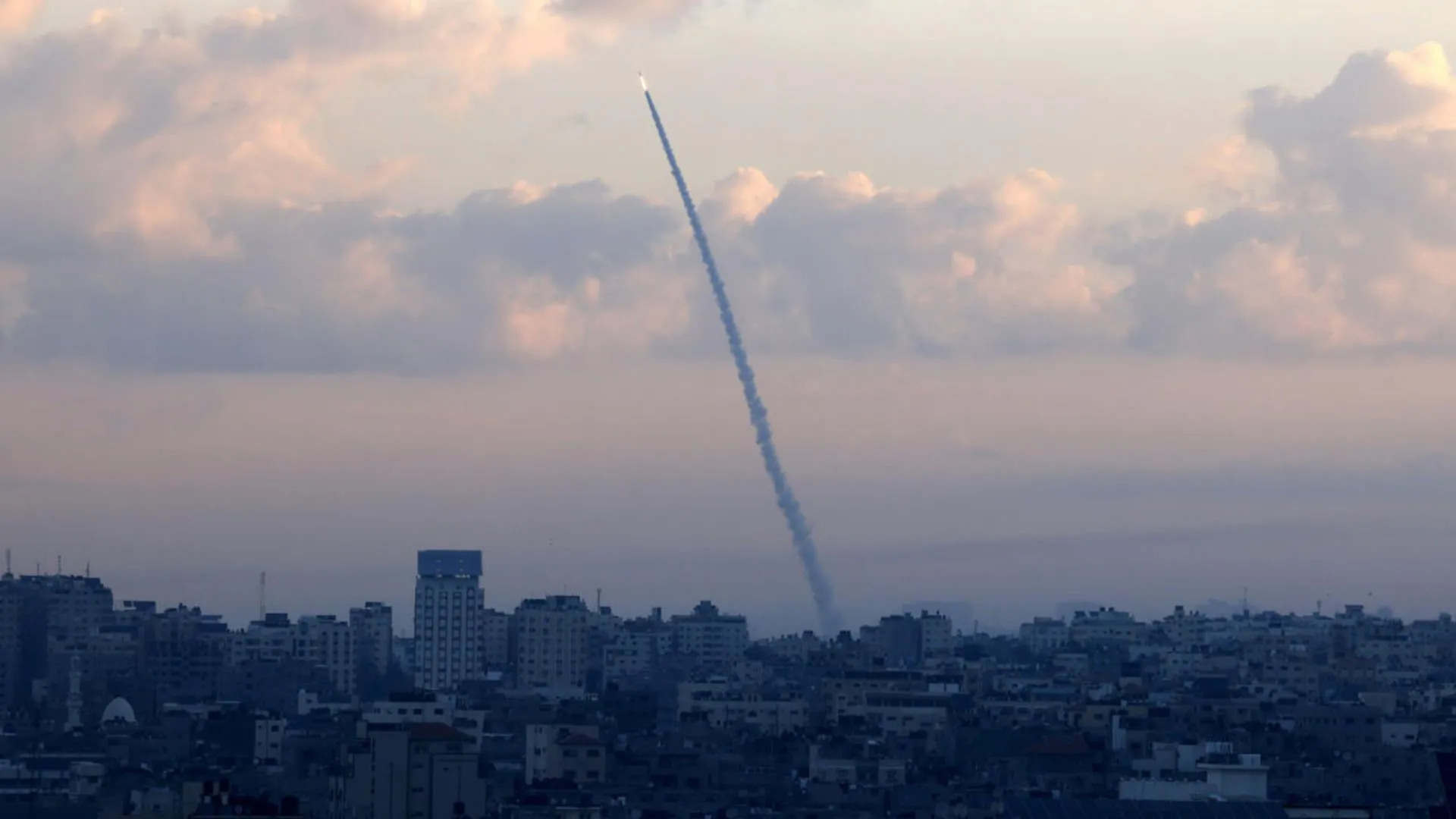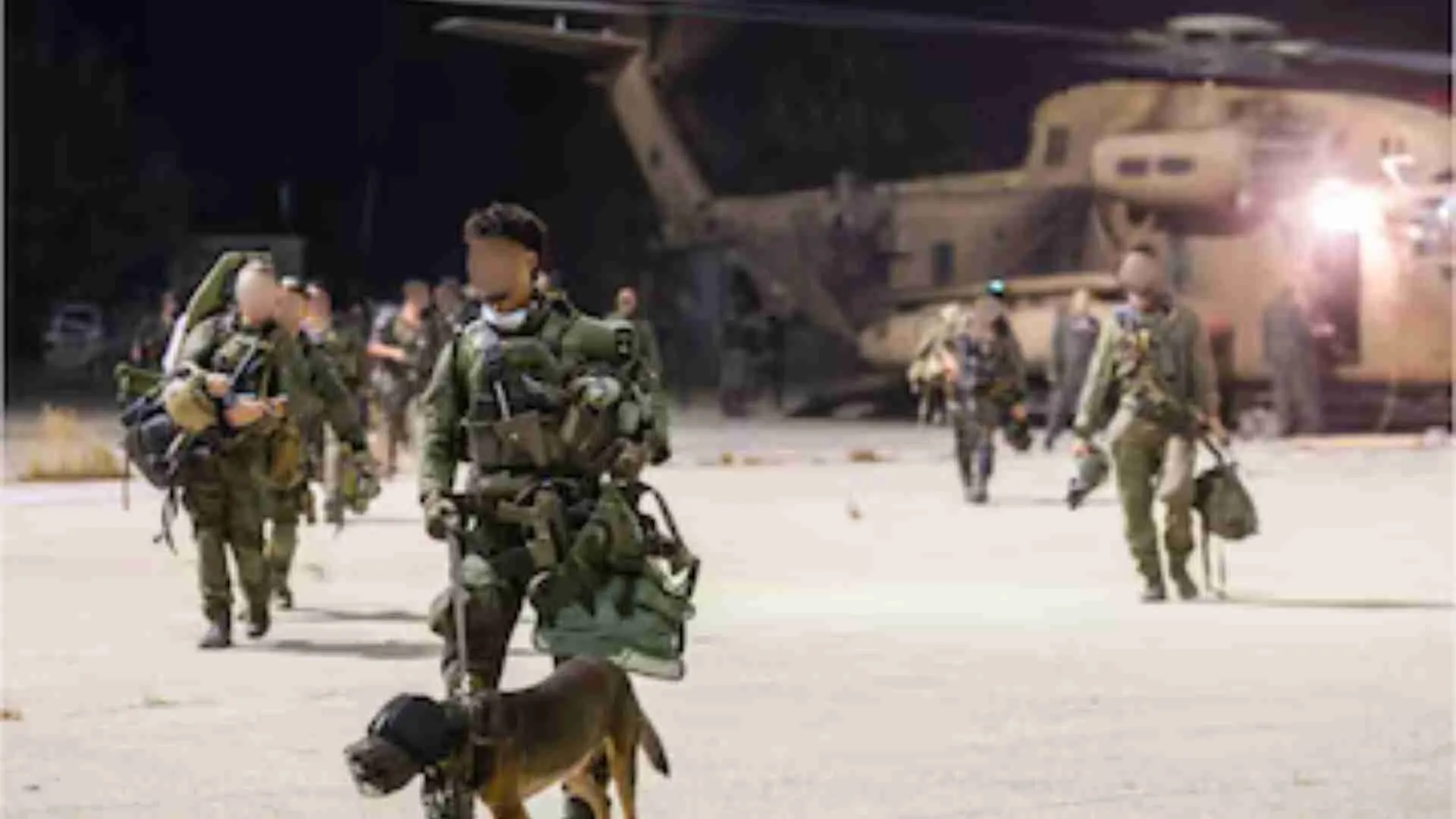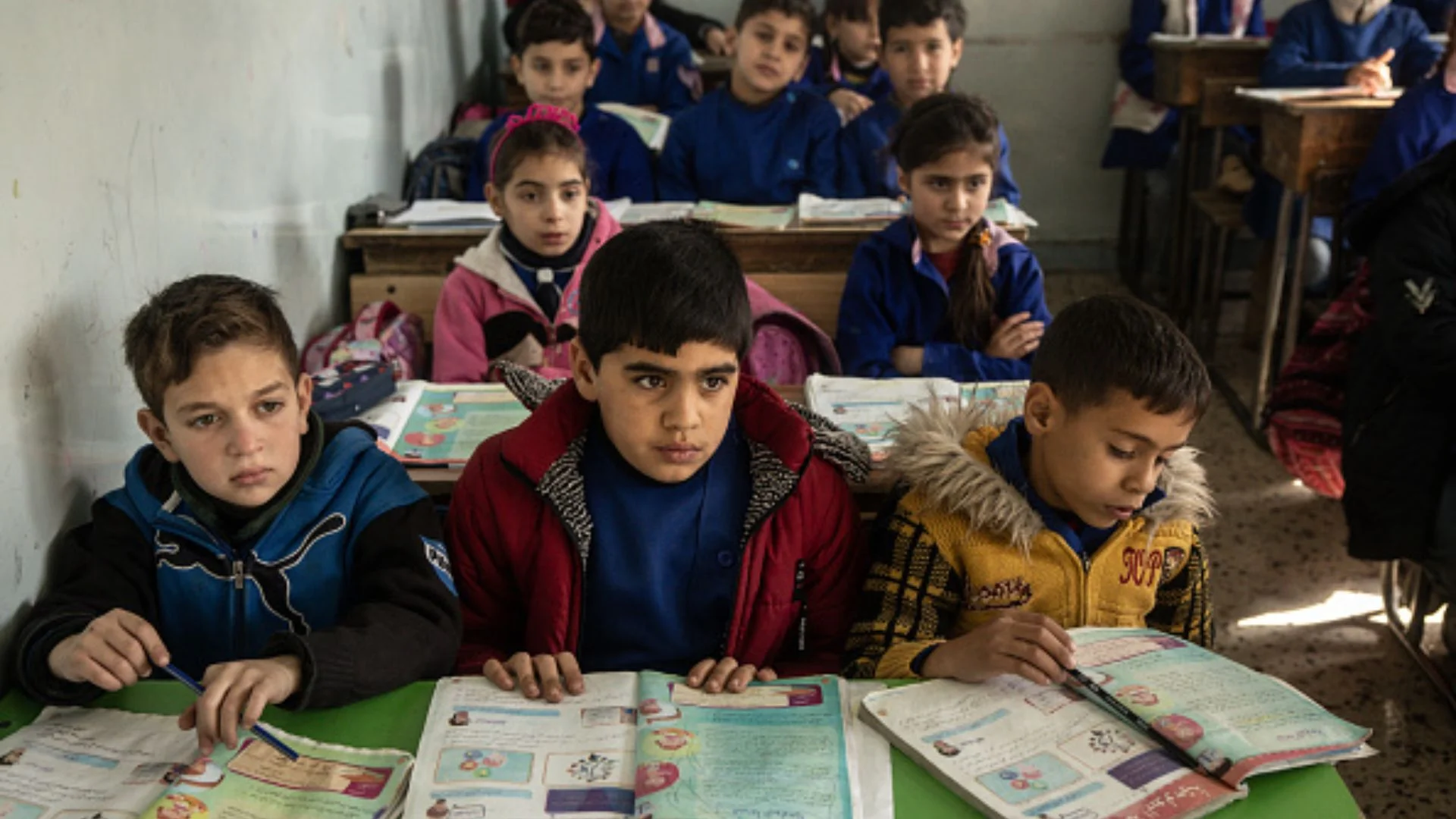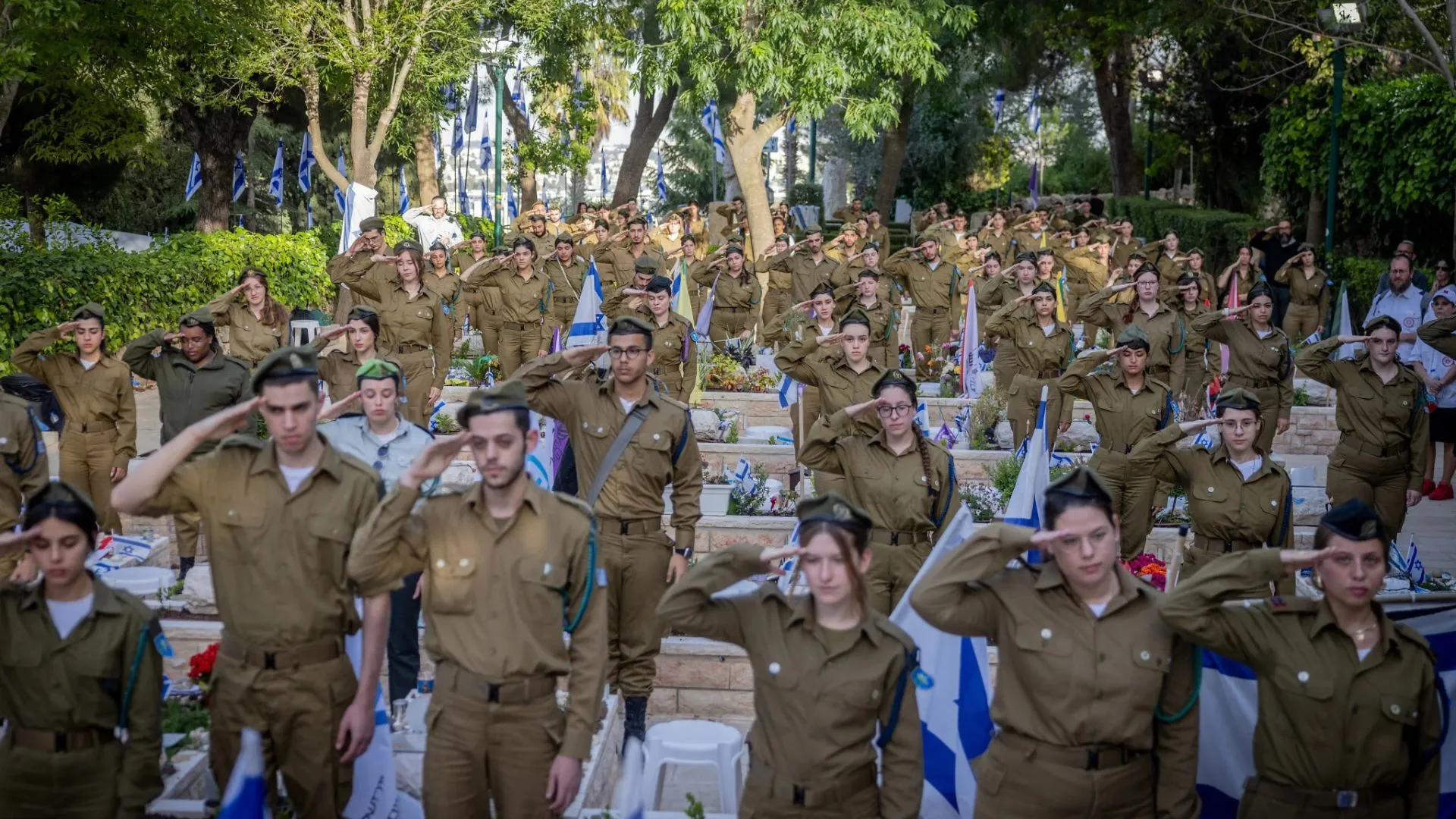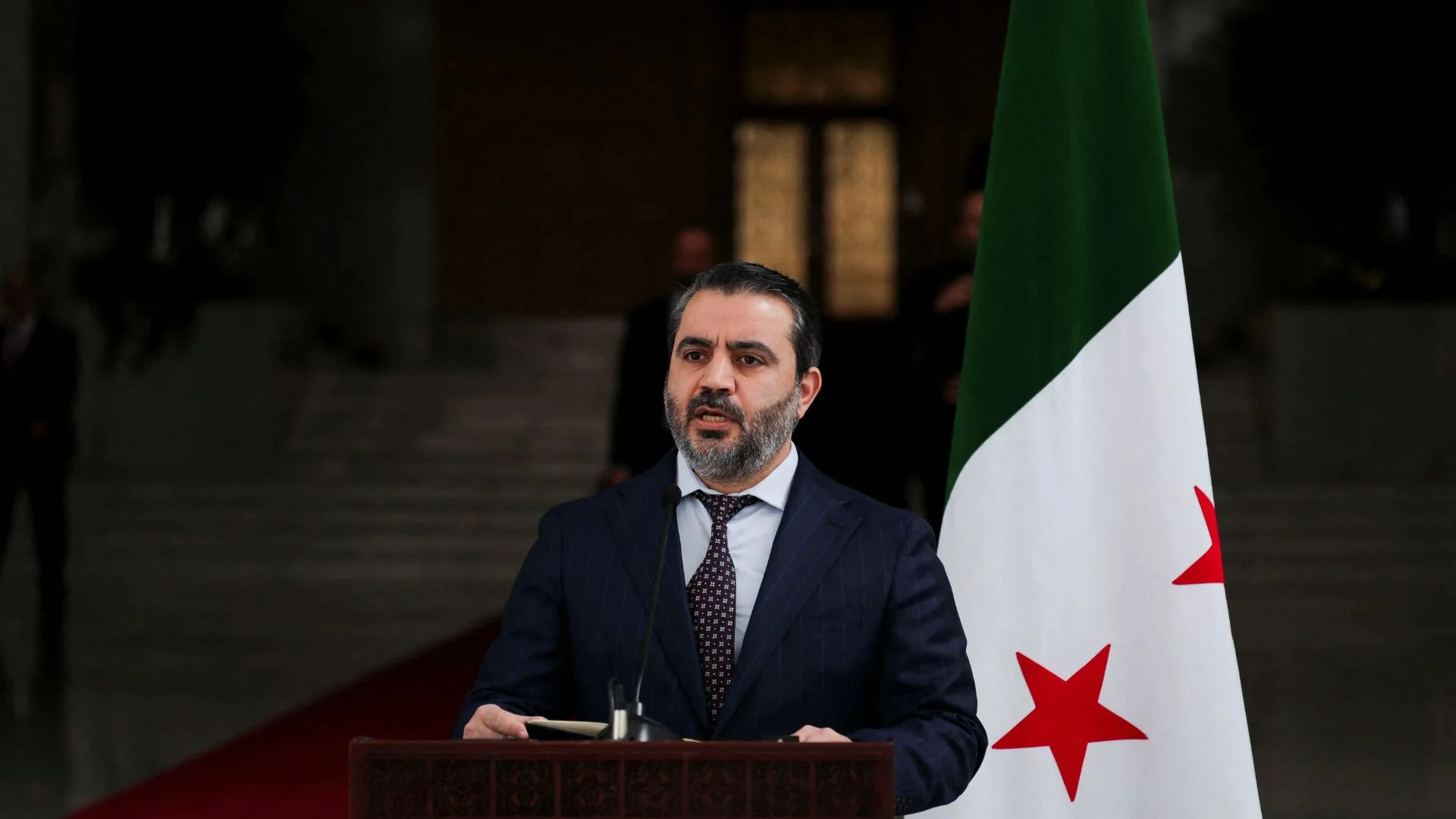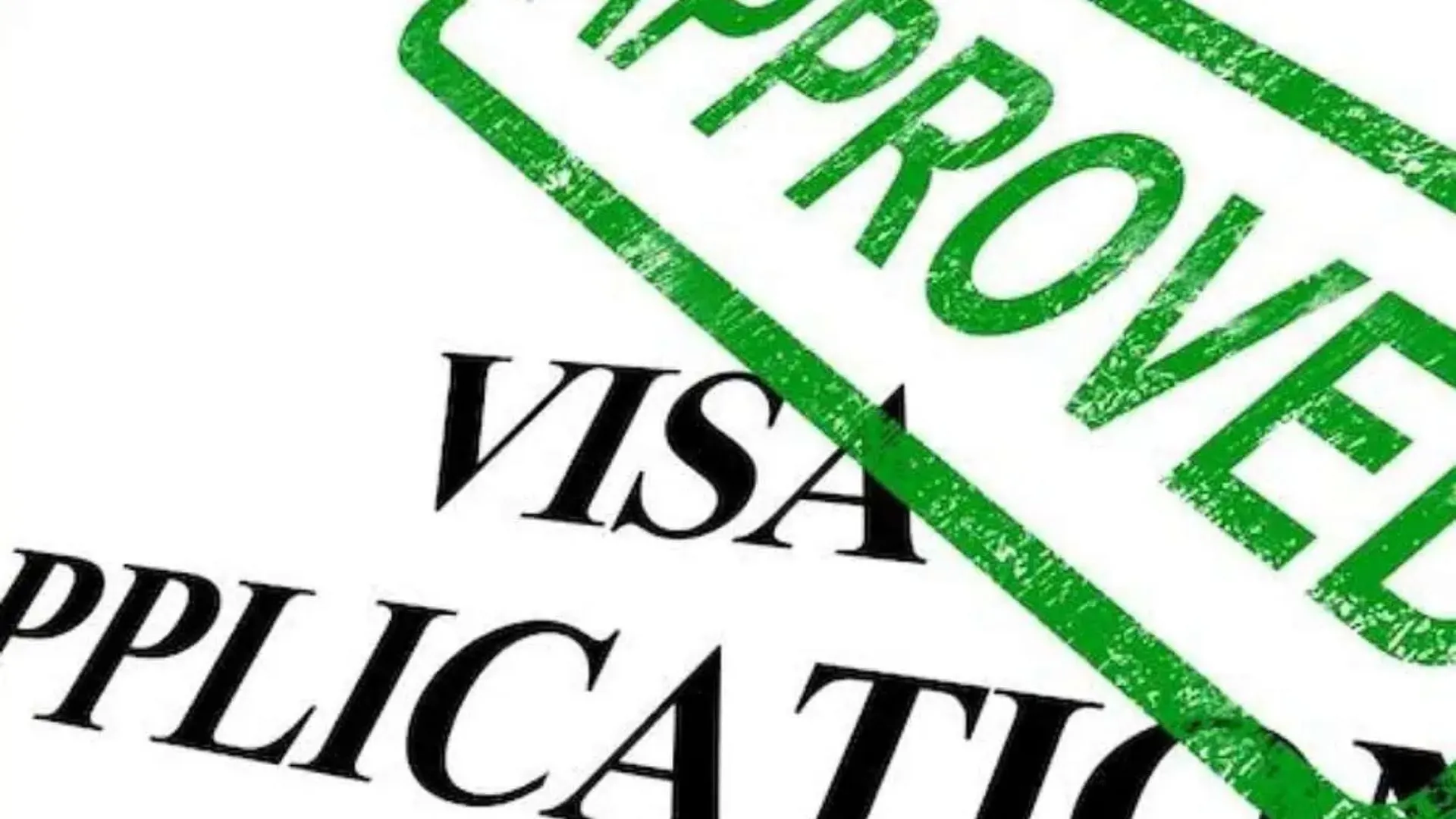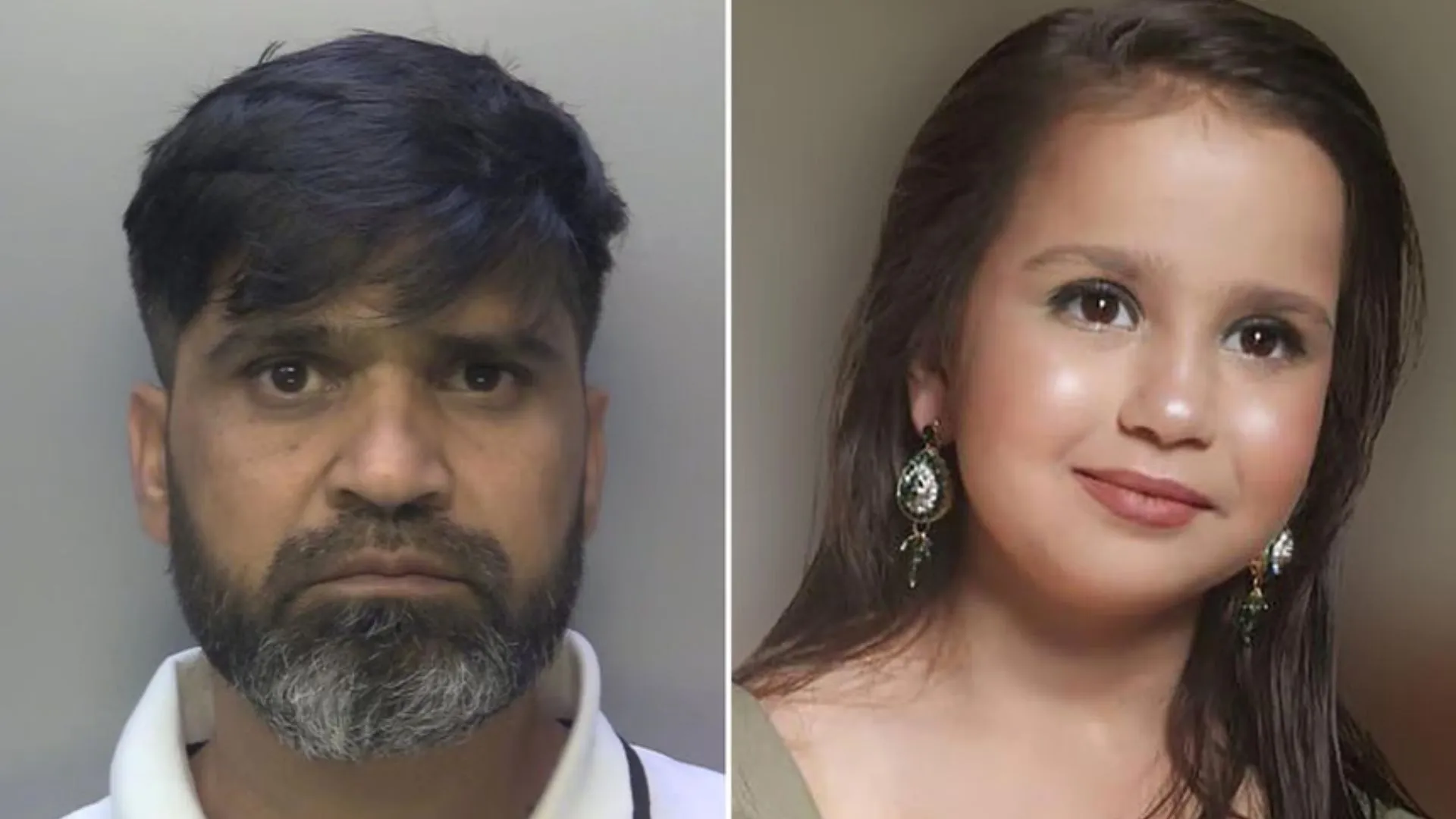Ahmed al-Sharaa, Syria’s de facto leader, has unveiled an ambitious roadmap for the nation, emphasizing the need for constitutional reform and eventual elections to rebuild the war-torn country.
In an interview with Saudi network Al Arabiya, Sharaa outlined a timeline, stating that drafting a new constitution could take three years, while elections might require up to four years. He underlined the necessity of creating a constitution that is enduring and resilient.
Sharaa’s ascent to power follows the removal of Bashar al-Assad on December 8, signaling the conclusion of a 13-year civil war. As the leader of Hayat Tahrir al-Sham (HTS), Sharaa has expressed a commitment to shifting the group’s focus from its Islamist roots to a model of governance that is more inclusive and democratic. “A country cannot be run by the mentality of groups and militias,” Sharaa said, hinting at plans to dissolve HTS during a national dialogue conference.
The new administration has promised to guide Syria through a transitional phase marked by stability and reconstruction, aiming to seize this pivotal moment to lay the groundwork for a united Syria.
Sharaa emphasized that the forthcoming national dialogue would be a platform for broad participation, ensuring that all ethnic and religious communities have a say in shaping the country’s future.
Sharaa’s plans to implement his vision
Central to Ahmed al-Sharaa’s strategy is a national dialogue conference that seeks to involve a diverse cross-section of Syrian society. This forum will address key issues, such as the dissolution of parliament and constitutional reform. Sharaa’s administration has pledged to safeguard minority rights and prevent sectarian strife, seeking to dispel fears of hardline Islamist rule.
Negotiations are also underway with the Kurdish-led Syrian Democratic Forces (SDF) to resolve ongoing disputes in northeastern Syria. Sharaa emphasized the state’s firm stance against the Kurdistan Workers Party (PKK) using Syria as a base for attacks on Turkey while aiming to integrate Kurdish armed forces into the national defense framework. This conciliatory approach is intended to include all factions while upholding Syria’s sovereignty.
The dissolution of Hayat Tahrir al-Sham (HTS), which was previously aligned with extremist groups like al-Qaeda, is viewed as a crucial move to build trust with Syria’s neighbors and the international community. While HTS’s transition from an extremist organization to a governing force has raised skepticism, Sharaa has reiterated his commitment to shifting from revolutionary rule to state governance.
“We will not work on exporting the revolution. We want to manage the phase with the mentality of the state and not revolution,” Sharaa stated, underscoring his vision for Syria’s future.
What Sharaa has planned
Ahmed al-Sharaa has expressed interest in maintaining strategic ties with Russia, which backed Bashar al-Assad during the civil war and continues to hold military bases in Syria. Russian Foreign Minister Sergei Lavrov confirmed ongoing negotiations over the future of these bases, with both sides seeking mutually beneficial agreements.
Russia’s presence in Syria remains a pivotal element in regional geopolitics, and Sharaa’s conciliatory approach reflects his intent to preserve stability.
At the same time, Sharaa’s administration is pursuing improved relations with the United States, advocating for the lifting of sanctions and the removal of the $10 million bounty on his head. Senior U.S. diplomats visiting Damascus have described Sharaa as pragmatic, hinting at a potential easing of tensions between the two nations.
International support
Germany has committed €60 million for education, women’s rights, and rebuilding efforts, directing funds through NGOs and UN agencies. The initiatives focus on rebuilding schools, empowering women, and creating opportunities for a generation impacted by war.
Ukraine has also offered humanitarian aid, with President Volodymyr Zelenskyy emphasizing the potential for mutual stability through cooperation. “We can help restore stability in Syria after years of Russian interference, and this will undoubtedly help us restore peace for ourselves,” he said.
Ukraine’s “Grain from Ukraine” initiative has already announced critical food supplies to Syria, further strengthening the growing partnership.
Turkey has also become involved, with plans to supply electricity to Syria and Lebanon. Turkish Energy Minister Alparslan Bayraktar noted ongoing assessments of Syria’s energy infrastructure, which has been heavily damaged during the conflict.
These initiatives aim to address Syria’s severe power shortages and lay the foundation for sustainable development. Turkish President Tayyip Erdogan has expressed Ankara’s readiness to support Syria’s reconstruction, reopening pathways for cooperation.
Criticisms
Despite these efforts, significant challenges persist. The internationally recognized Syrian opposition has been excluded from the national dialogue. Hadi al-Bahra, a former leader of the opposition coalition, confirmed that there has been no communication with Sharaa’s administration. This exclusion has raised concerns about the inclusivity of the proposed reforms.
Human rights activists and Kurdish groups have raised alarms over women’s rights and protections for minorities under the new government. Recently, thousands of women protested in Qamishli, demanding equality and condemning Turkish-backed military campaigns in Kurdish regions. Activists fear that hardline Islamist policies could marginalize women and minorities. Tensions between Turkish-backed Syrian rebels and Kurdish-led forces have also intensified, particularly in strategic areas like Kobani and Manbij. The new administration’s ability to mediate these conflicts will be critical to fostering national unity.
Sharaa’s government faces the immense challenge of balancing reconstruction, reconciliation, and reform. While the road ahead is fraught with obstacles, the groundwork is being laid for a new chapter in Syria’s history.
“The chance we have today doesn’t come every 5 or 10 years,” said al-Sharaa in the interview. “We want the constitution to last for the longest time possible.”

